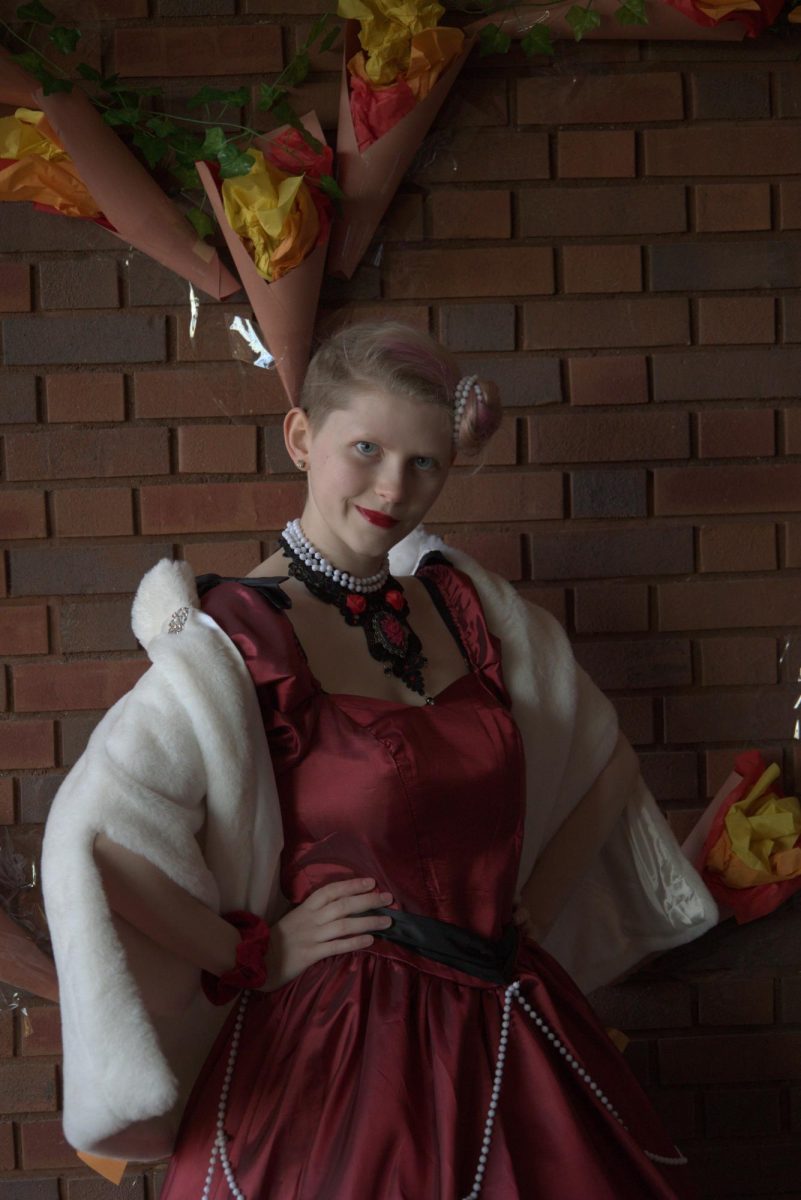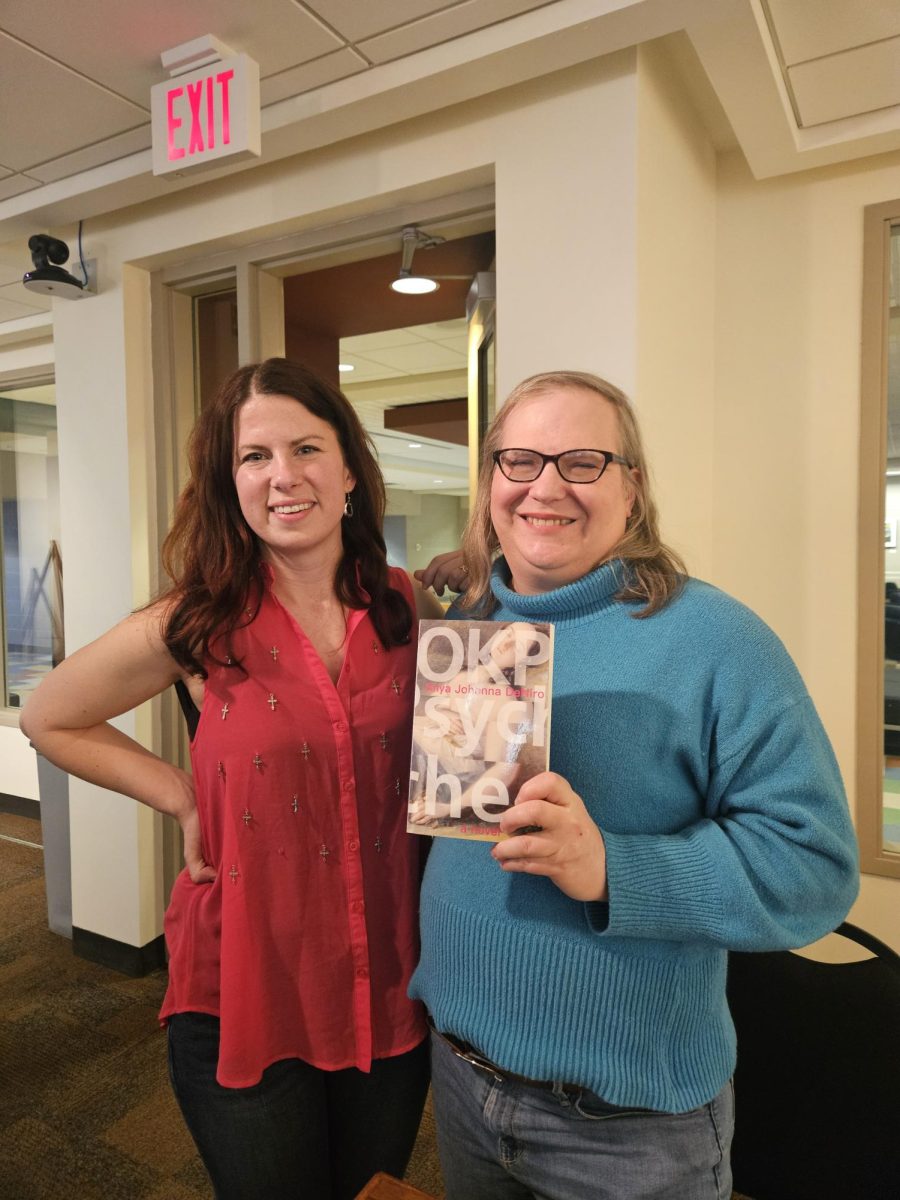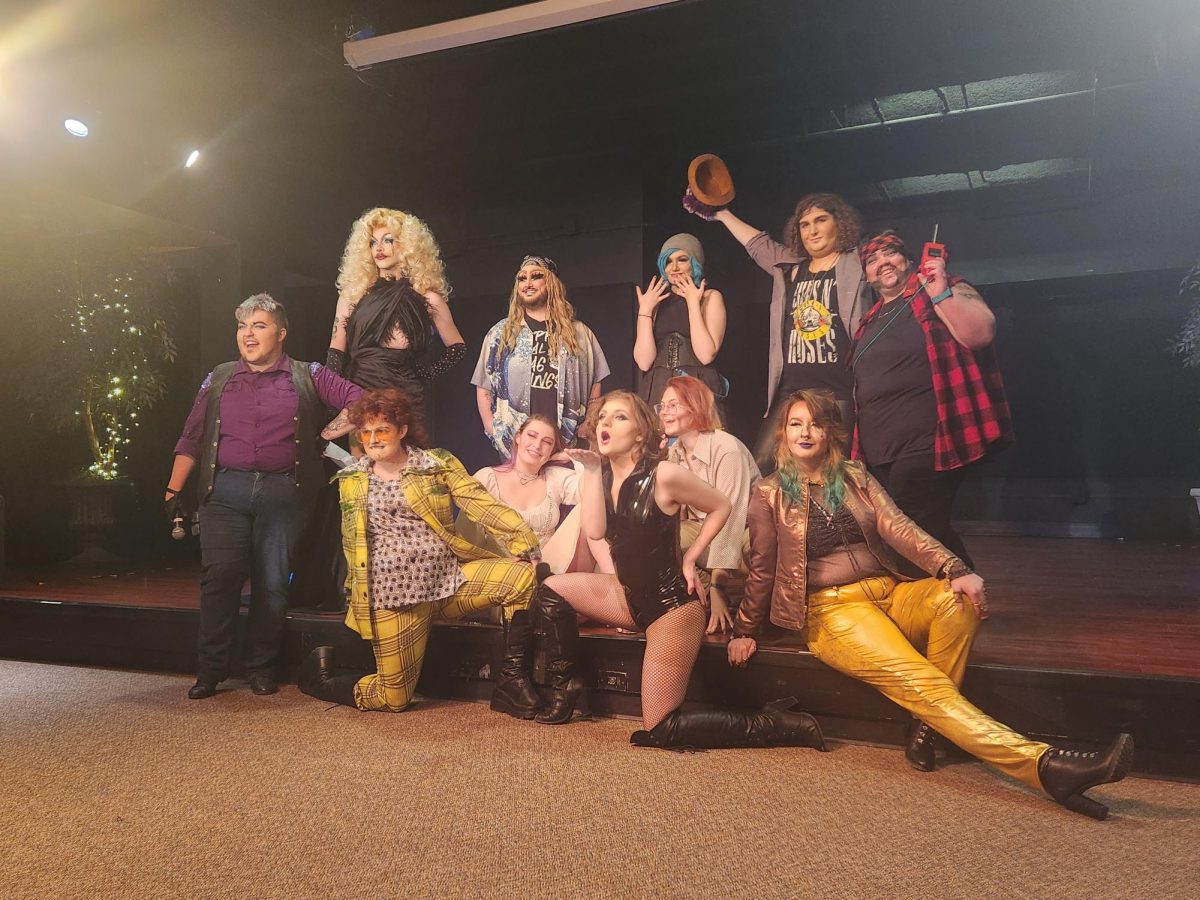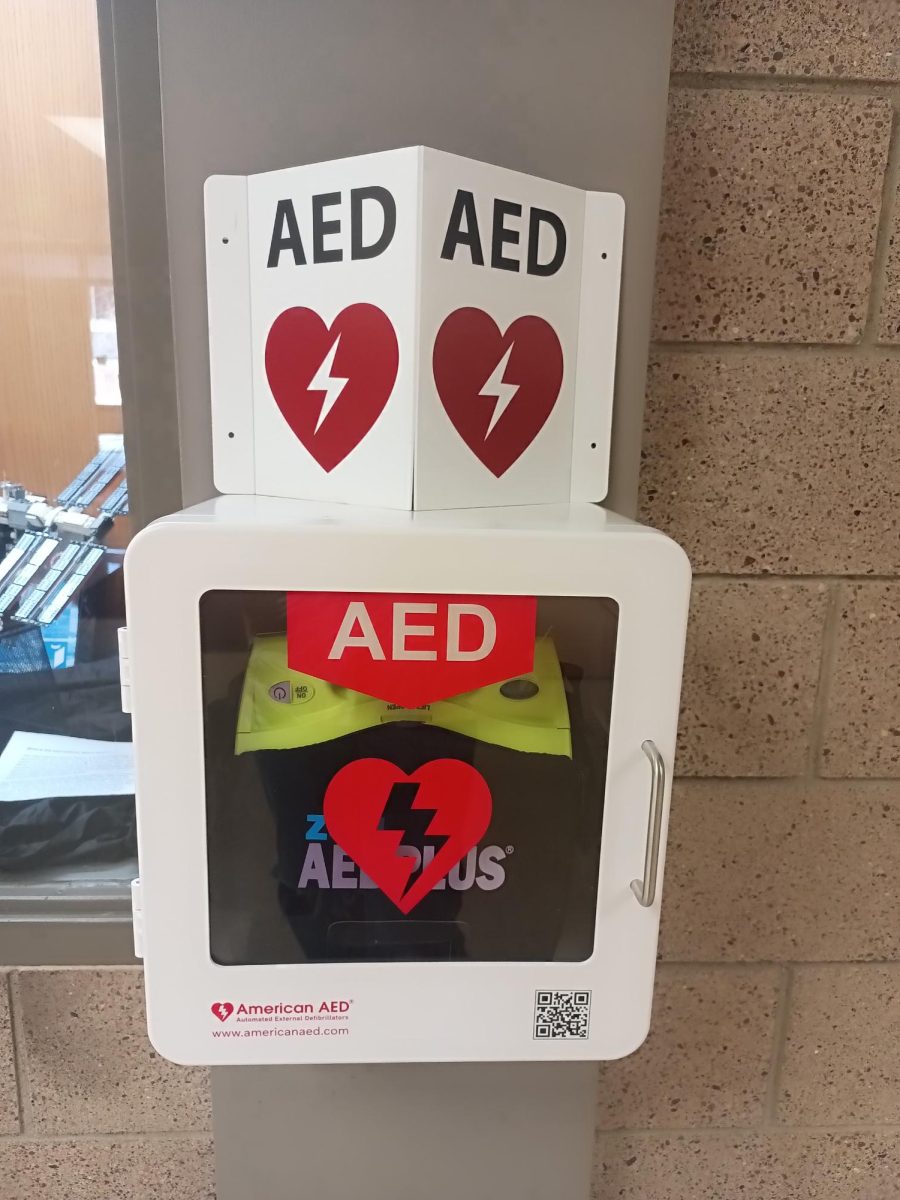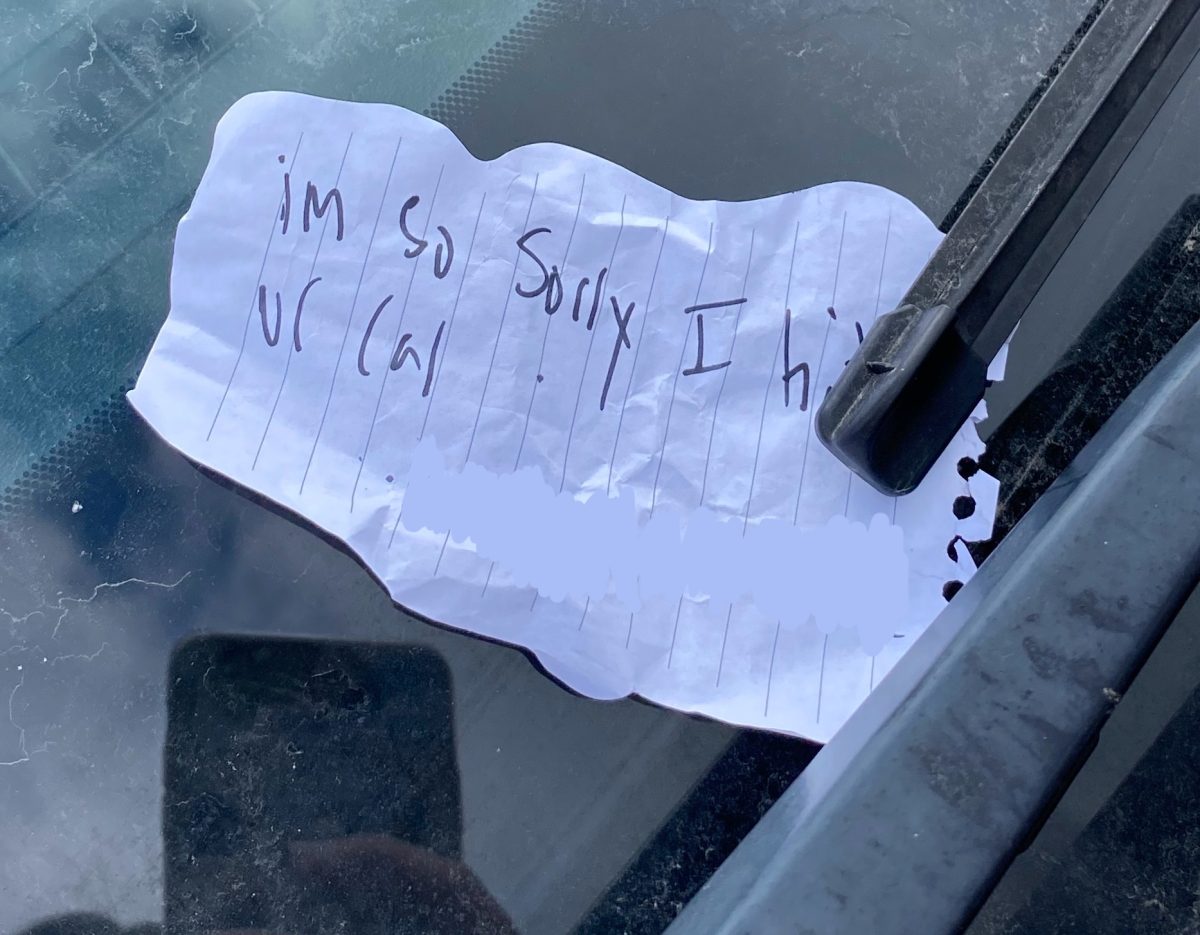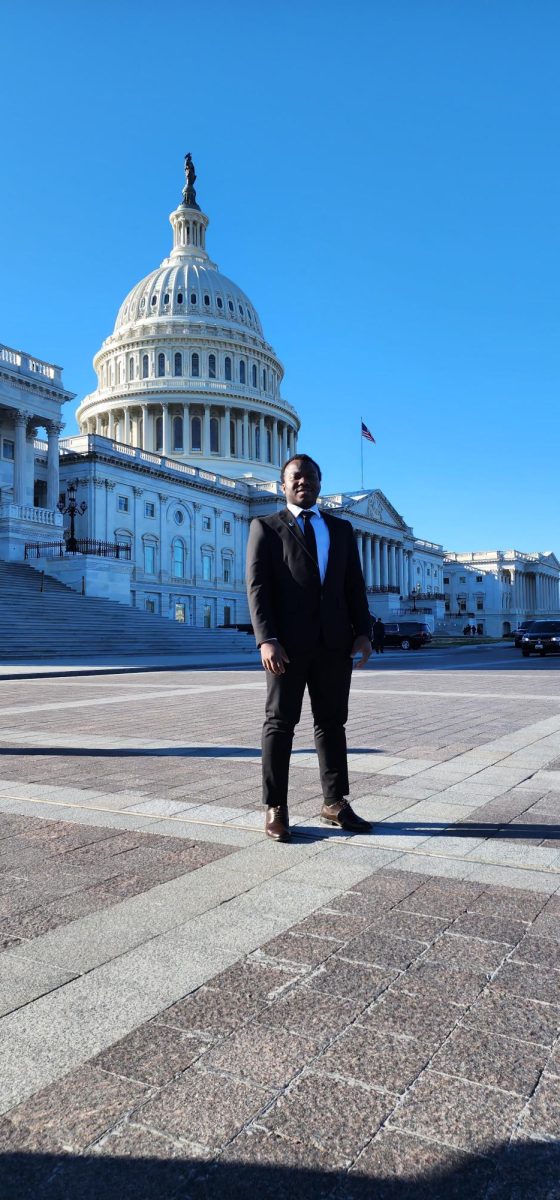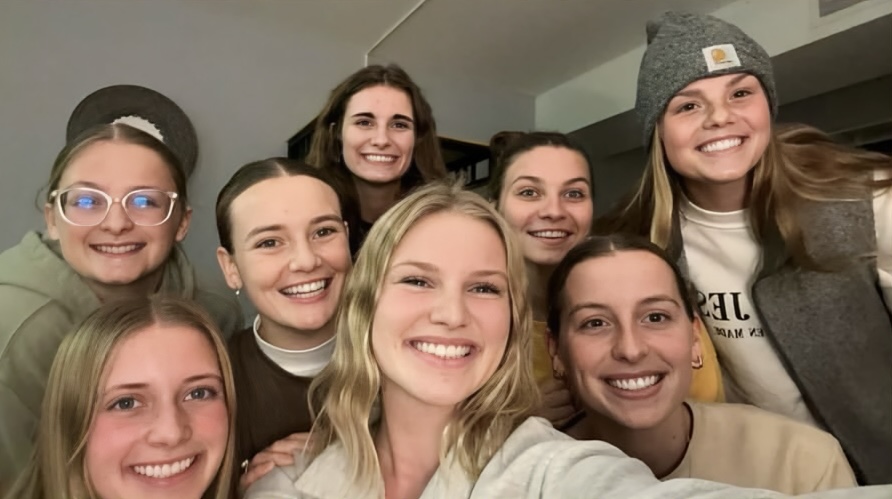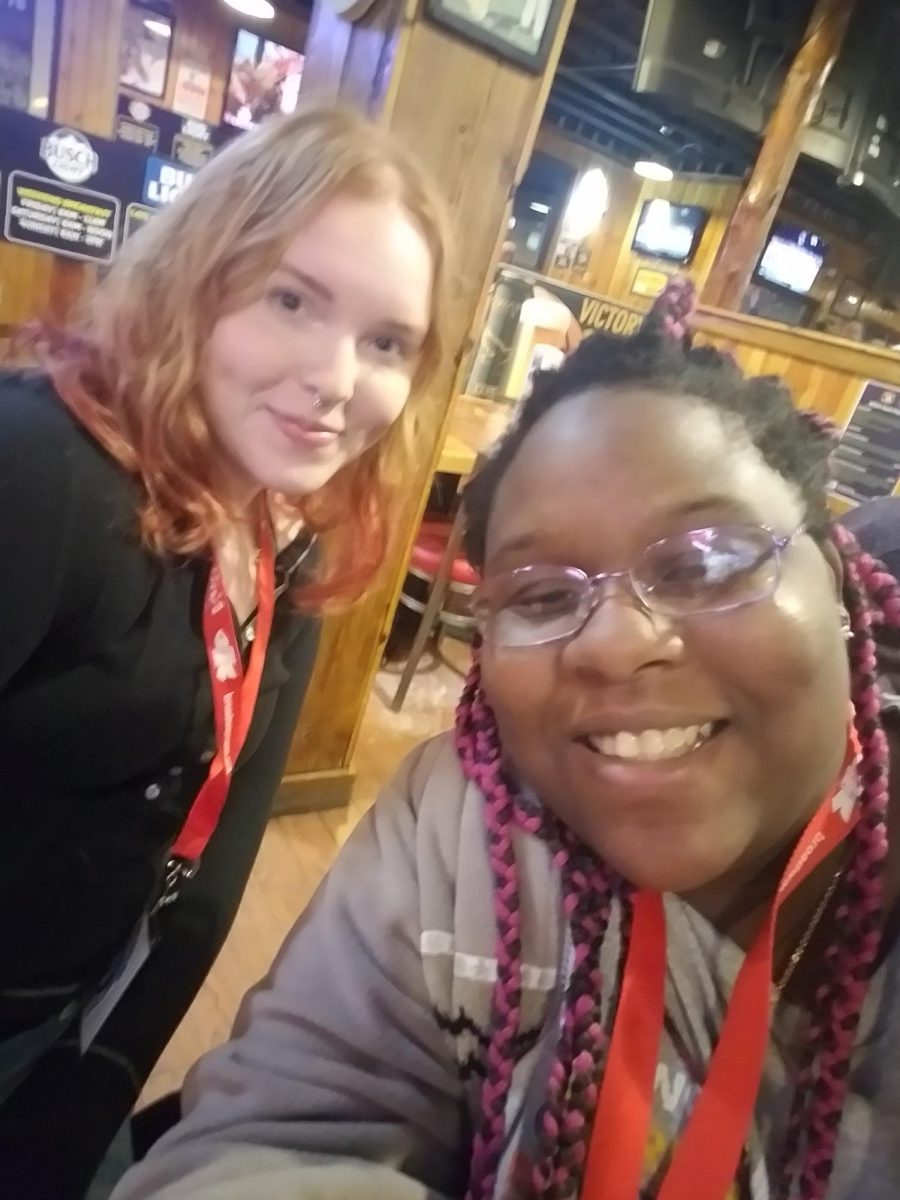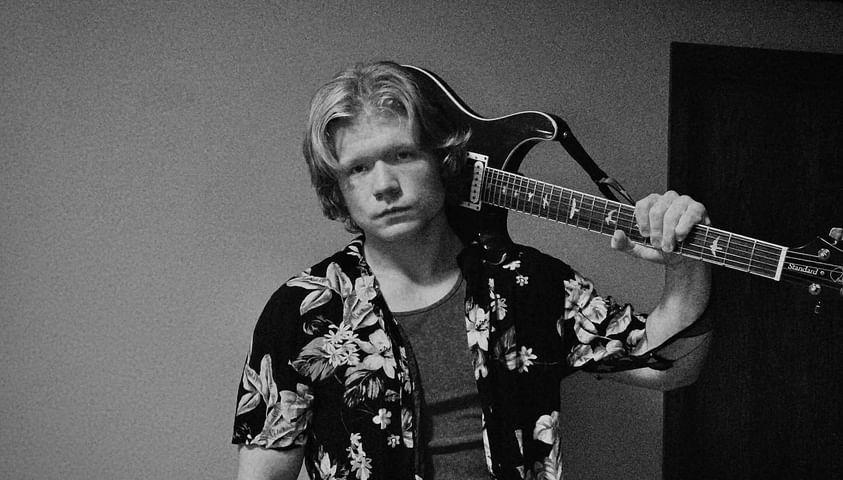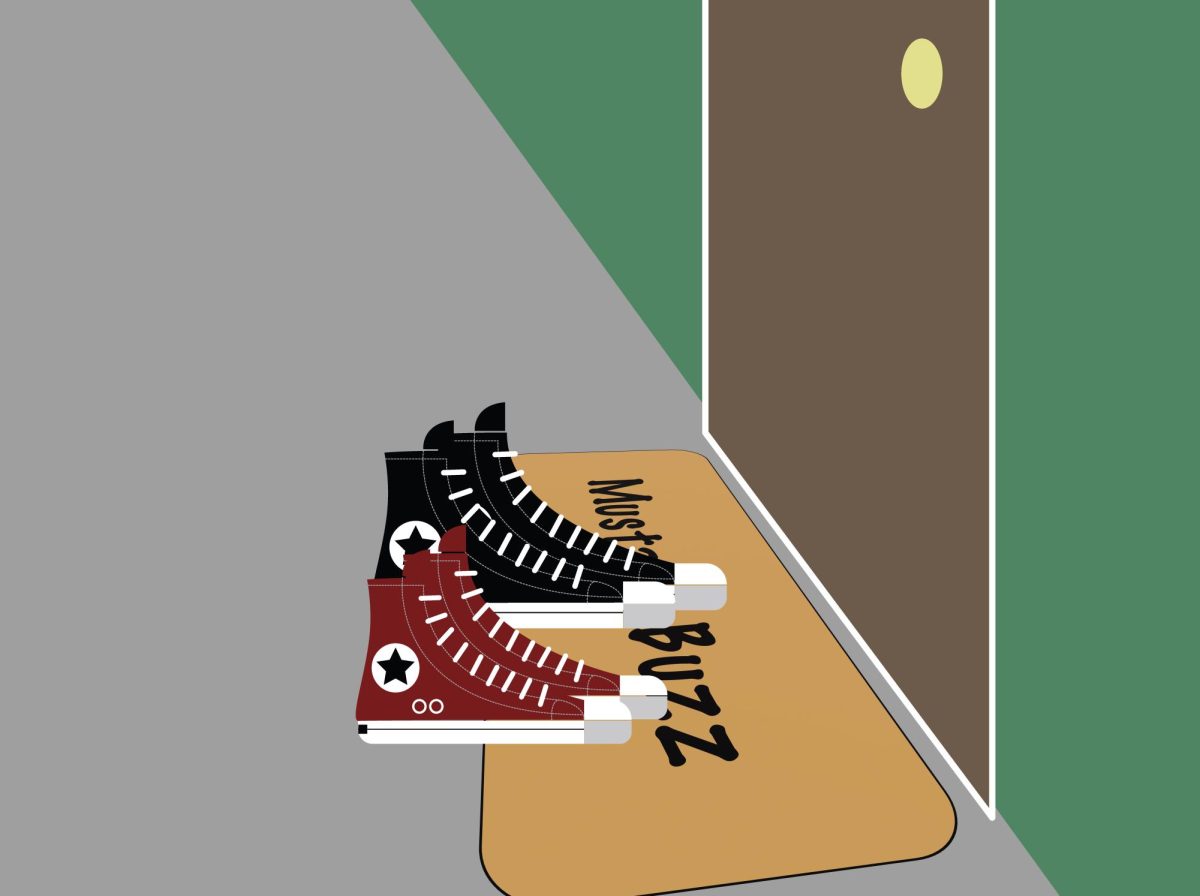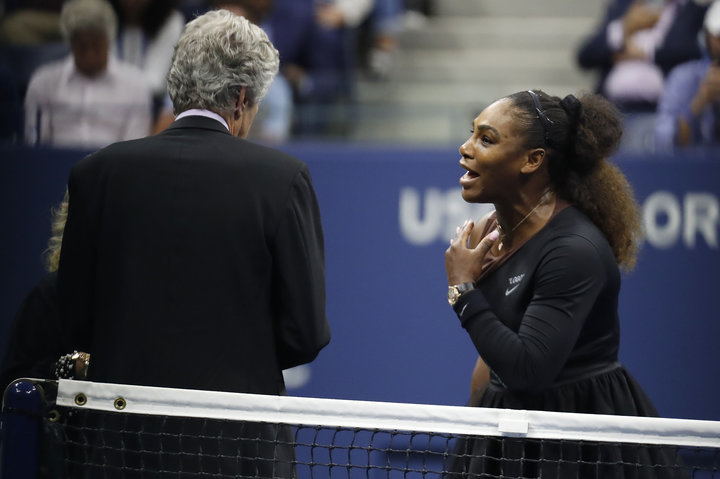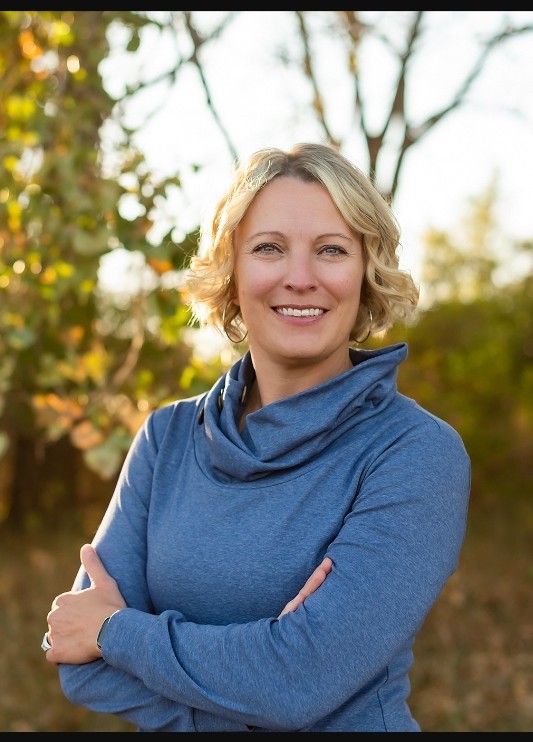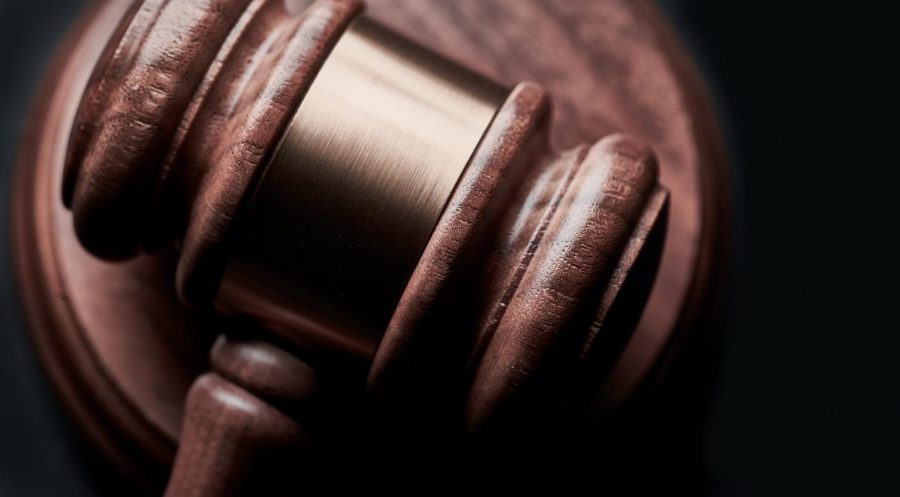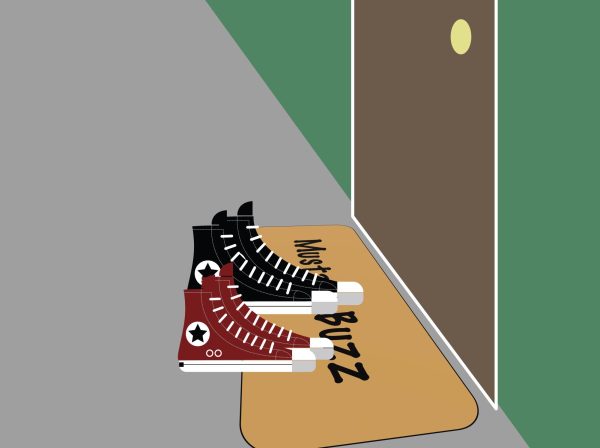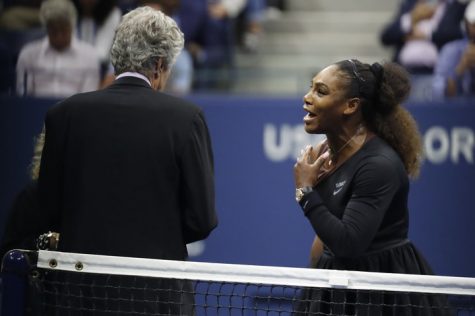Miss America 2.0 or 2.No?
The finale of Miss America 2.0 aired on Sept. 9, leading to the crowning of Miss America 2019. Although the crowning may be what most people come to watch, it can easily be argued that some of the most notable moments of Miss America this year were before we even got to the top five.
Gretchen Carlson, head chairwoman of the board of directors, changed up the competition as a whole this year. Everyday of the competition brought something new and to remember. There are also the allegations of Carlson bullying Miss America 2018, Cara Mund, and minimizing her role. Both of these occurred before the competition, but were certainly prevalent during it.
Carlson’s changes to swimsuit and evening gown/red carpet apparel were showcased on preliminary night one and two. Each contestant still wore a dress, but there were more pantsuits seen on stage for introductions and private interviews this year.
Preliminary night three was more interesting. Miss West Virginia, Madeline Collins, was asked in her onstage question what she felt is the most serious issue facing the nation. She had enough guts to give an honest response that she wholeheartedly believed: “Donald Trump is the biggest issue our country faces. Unfortunately, he has caused a lot of division in our country.”
Onstage interview questions are only 20 seconds long, so Collins was unable to explain in further detail what she meant, but you can surely bet that this answer is a big reason as to why she didn’t make top 15.
When the final night premiered on Sun, Sept. 9, Collins’ gutsy reply seemed to stick with Miss Michigan, Emily Sioma. As they introduced themselves at the beginning, Sioma didn’t go for the career and education route everyone else was taking. Instead, she introduced herself by saying “From a state with 84 percent of the U.S. fresh water, but none for its residents to drink, I am Miss Michigan, Emily Sioma.”
I love how these two girls actually spoke about real issues and stayed true to themselves, instead of sticking with the norm and saying what they were probably prepped for. I’d much rather have a Miss America who says what she actually thinks than what she is supposed to think.
The rest of the competition went by like the other preliminaries, except that after introductions the candidates were narrowed down to only 15. The first thing they had to do was answer an onstage question asked by another candidate.
I thought that Miss Massachusetts, Gabriela Tavares (who is also the first black Miss Massachusetts), killed her question about how to improve our face to face communication skills. She noted how “technology has made us dehumanize each other” and that we start to look at people as what they are, not who they are. She ended with saying how we are all multifaceted, complex people, and “the women on this stage, we represent that.”
I get chills from her answer every time I watch it because of how good it is, and the roar from the crowd. Her speaking skills are likely what got her so far into the competition.
After the candidate to candidate questions, they cut the top 15 down into the top 10. The next category was the red carpet walk, with an opportunity at the end for each candidate to say what was on their mind.
I’m sure the ‘what’s on your mind’ part was supposed to give the audience and judges a further look into the type of people these girls are, but come on. The things on their mind are nerves, not tripping over ridiculous shoes and trains, and wanting to make the top 5. When you’re walking in a ridiculously expensive gown on live television, you aren’t thinking about your platform. The judges could have at least given the candidates guidelines about what to say so that we didn’t all hear about their platform again.
Next segment that the top 10 competed in was talent. For the final night, talent is worth thirty percent of their score. For the preliminaries, it was fifty percent. Interview, the speaking part of the competition – which is mainly what Miss America does the whole time she holds the title – is only worth twenty percent. I’m pretty sure that Miss America’s talent isn’t going to be that important outside of the stage, but sure, let’s make that the highest scoring category.
After talent was completed, the judges cut again from top 10 to the top 5. Miss Massachusetts made the top five, which came as a surprise to some (me included), due to the fact that her singing of ‘Rise Up’ by Andra Day was off key.
Joining her in the top 5 was Miss New York, Nia Franklin, who sang opera; Miss Louisiana, Holli Conway, who also did a vocal; Miss Florida, Taylor Tyson, who played a piece on the piano; and Miss Connecticut, Bridget Oei, who performed a traditional Irish step dance.
The last phase of competition was another onstage question. They flew through it, no big deal. After that, we finally got to see Miss America 2018, Cara Mund.
During the whole show, up to this point, there had been no mention or view of Mund at all. I expect that things were tense backstage from the recent allegations that I mentioned at the beginning. During her final walk and goodbye speech, Mund even says that “she is just getting started,” which could be in regards to what she wants to do with her life now, or with how she was treated by Carlson.
After Mund’s goodbye, the judges came back and gave the results. The rankings were: fourth runner up, Miss Massachusetts; third runner up, Miss Florida; second runner up, Miss Louisiana; first runner up, Miss Connecticut; and the new Miss America 2019 was Miss New York, Nia Franklin.
Unlike previous years, Nia did not get to walk the runway. Instead, she had to semi-awkwardly pace around the stage for a few brief seconds before she was hugged by all of her Miss America sisters.
Miss America 2019 was a big change this year and I’m not sold that all the changes were for the best. I like the female empowerment and the fact that candidates were actually being real people with real opinions. I hope that Franklin does not run into the same problems that Mund did, and that Carlson can recenter Miss America to only include female positivity.

